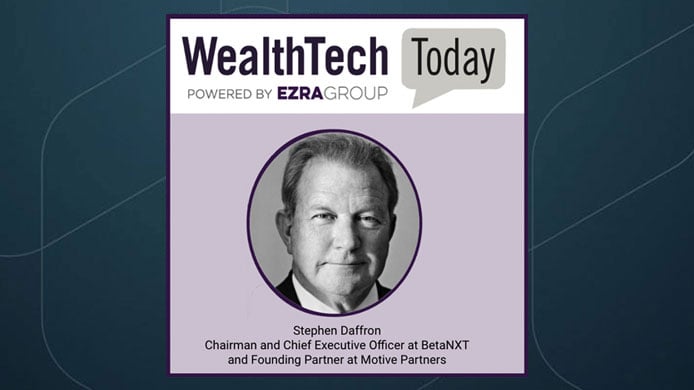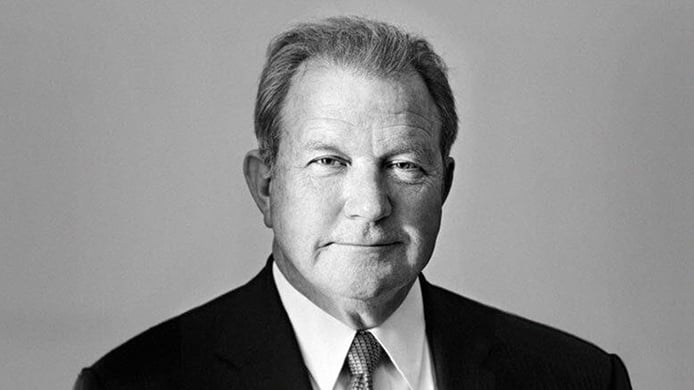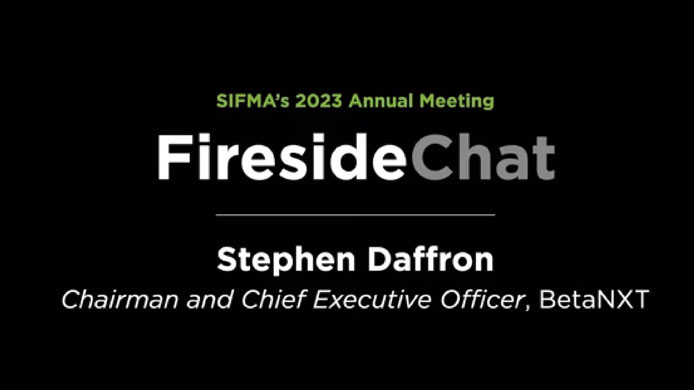BetaNXT's CTO: Don’t Rush Your AI – Plan The Long Game
Avoid the hype, implement AI solutions with a long-term strategy, develop trusted data, and safeguard client privacy.
Our Capabilities
We believe the financial services ecosystem should seamlessly interconnect, without compromising quality or cost efficiency.
Who is BetaNXT?
We invest in platforms, products, and partnerships to accelerate growth for the ecosystem we serve. Our connective approach empowers clients to deliver a comprehensive solution.
Read MoreEngage With Us

April 11, 2024 / 3 Min Read
Avoid the hype, implement AI solutions with a long-term strategy, develop trusted data, and safeguard client privacy.

April 11, 2024 / 16 Min Read
Stephen C. Daffron and Craig Iskowitz discuss integration between BetaNXT and other Motive companies, about competition and cooperation between...

February 20, 2024 / 5 Min Read
Today, we are witnessing substantial shifts in how financial services information is vetted and delivered. Firms are searching for more efficient...

February 2, 2024 / 3 Min Read
Michael Pass is President of Maxit, a BetaNXT business, which provides data, technology and insight that empower better investment decisions and...

January 3, 2024 / 3 Min Read
“If you can’t keep up, you can’t play” is a schoolyard taunt now echoing across wealth management. The pace of change in our industry has been...

December 13, 2023 / 1 Min Read
This week, we announced a groundbreaking partnership with TIFIN AMP that promises to reshape the landscape of fund distribution. This alliance marks...

December 7, 2023 / 2 Min Read
Shareholder reports are changing. New rules, introduced by the Securities and Exchange Commission (SEC), require open-end mutual funds, including...

November 16, 2023 / 2 Min Read
In a move that promises to reshape the landscape of the financial industry, the U.S. Securities and Exchange Commission (SEC) has finalized a...

November 16, 2023 / 2 Min Read
Defiant against an era of ubiquitous electronic communications, the police force of Odisha, India maintains the world’s last carrier pigeon service...

November 15, 2023 / 1 Min Read
Annual meeting planning is well underway for many public companies at this time of year. Providing a customized shareholder experience is paramount...

November 15, 2023 / 1 Min Read
Ethical investing has soared in popularity as awareness of environmental, social and governance (ESG) factors has grown among both retail and...

November 13, 2023 / 7 Min Read
A conversation with Stephen Daffron, Chairman & CEO of BetaNXT and Joe Seidel, Chief Operating Officer of SIFMA on the current shifting...
“If you can’t keep up, you can’t play” is a schoolyard taunt now echoing across wealth management. The pace of change in our industry has been remarkable and continues to accelerate. We are at the apex of a steepening demand curve driven by a new generation of investors who require easy access to near real-time information delivered with context and substance.

Subscribe to get the latest Insights delivered right to your inbox.